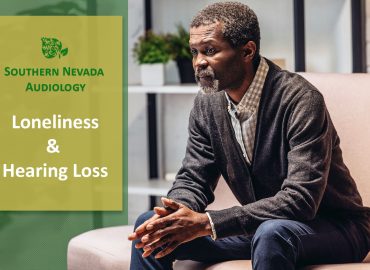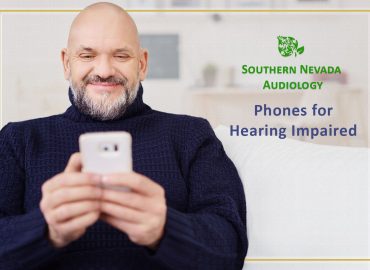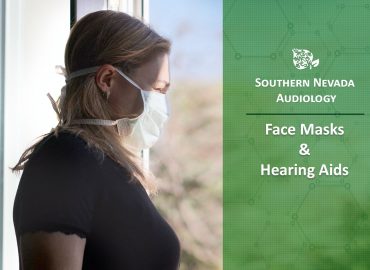Video Conferencing while Hearing Impaired
Change in social climate has also caused noticeable change in the workplace. For those who work with groups of people, like educators, the change is drastic. From standing before a group to talking into a camera, it is very different from the norm. This new normal of video calls and video conferencing has brought with it a long list of pros and cons. Those who are deaf or hearing impaired would be the first to notice problems that the hearing public may not notice. Some people are not comfortable or familiar with technology and can make little mistakes that can really affect the quality of a call or conference.
One common problem involves the microphone. Being too close to the microphone can cause distortion making words difficult to discern or produce unpleasant noises and feedback that can be bothersome. Testing the microphone prior to an important video conference call will help ensure audio is of a desirable quality.
Reading lips can be arduous if the speaker is not in a proper camera position. Camera users should be mindful of this during video calls. Making sure the camera captures the entire face ensures that attendees can read lips if need be and also see facial expressions which are also a huge factor in effective communication.
Telecoils and hearing aids are still top priority in these situations. Be sure to connect to bluetooth if the hearing aid and device used for the call are compatible. If there is any doubt, try using the devices before the meeting to check compatibility and save time.
Please schedule your hearing assessment / checkup with Southern Nevada Audiology today! Learn more about the advancements in modern hearing aids.










